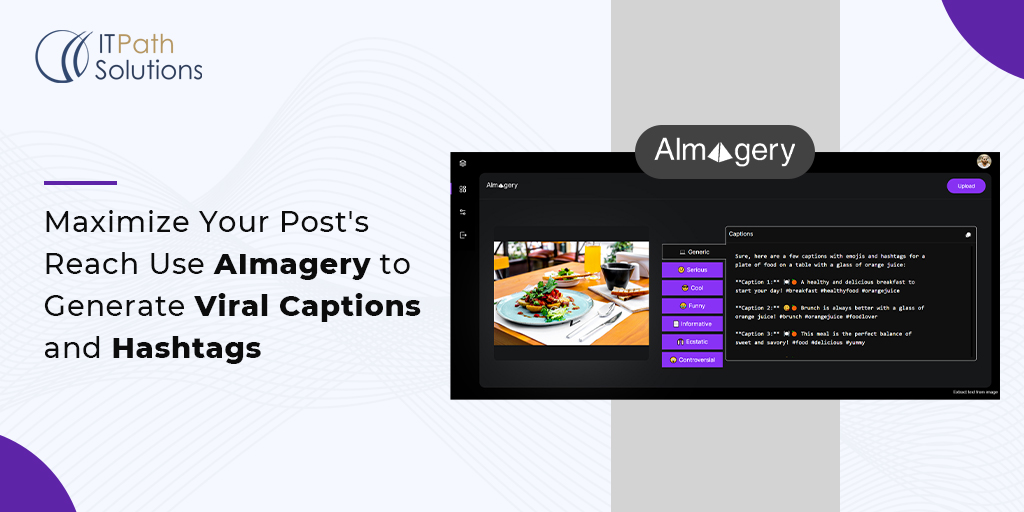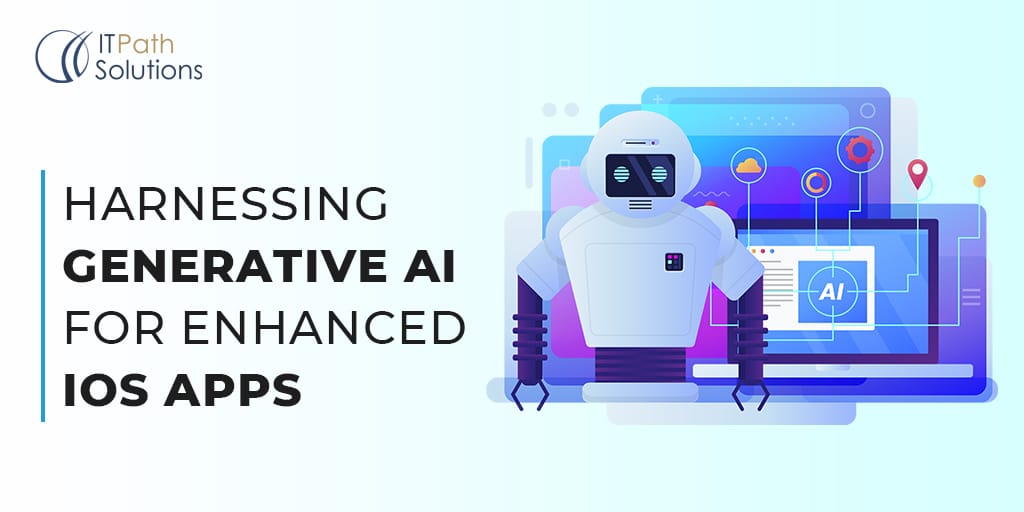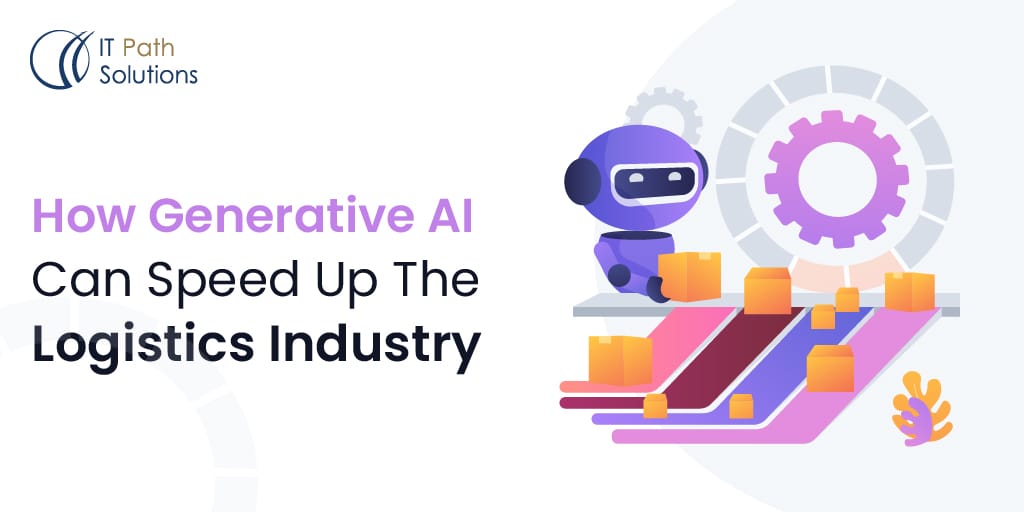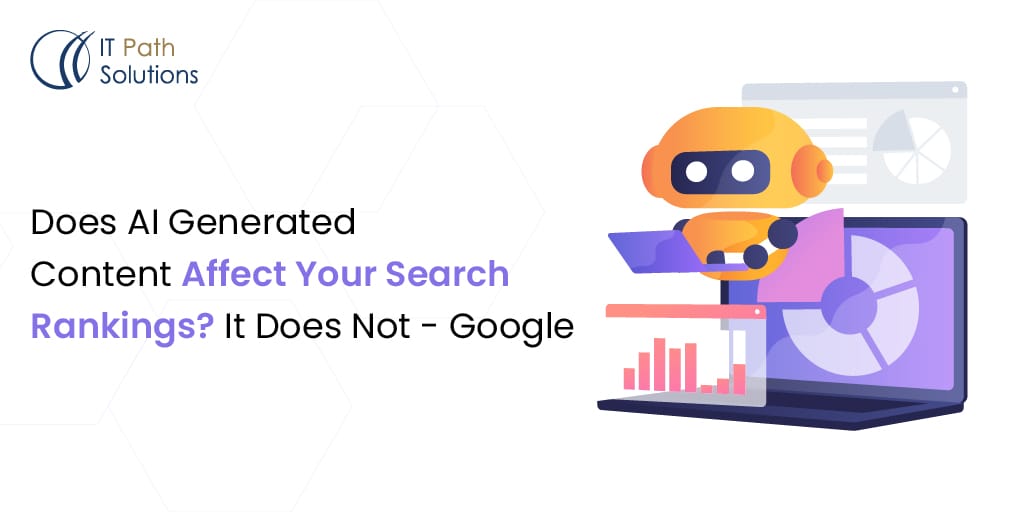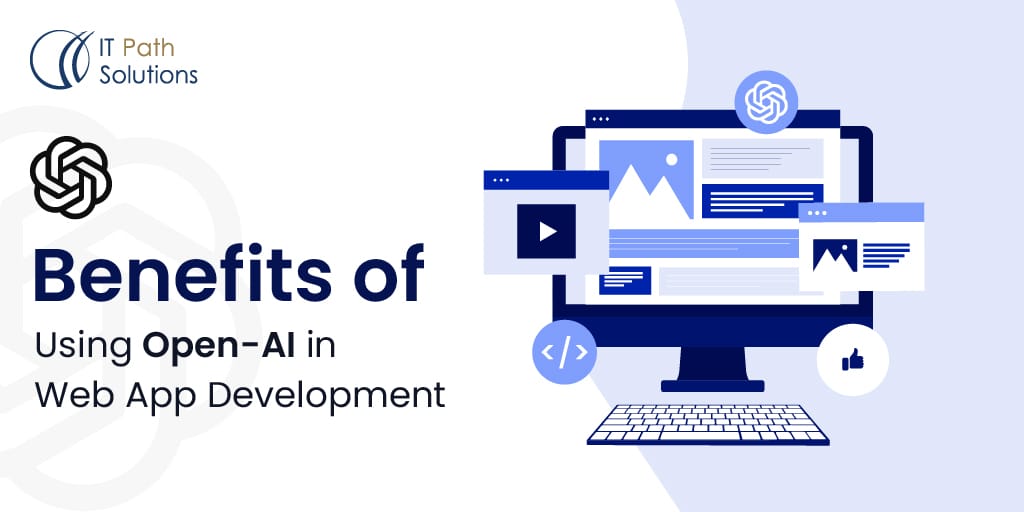Generative AI in The Healthcare Industry: 5 Use Cases
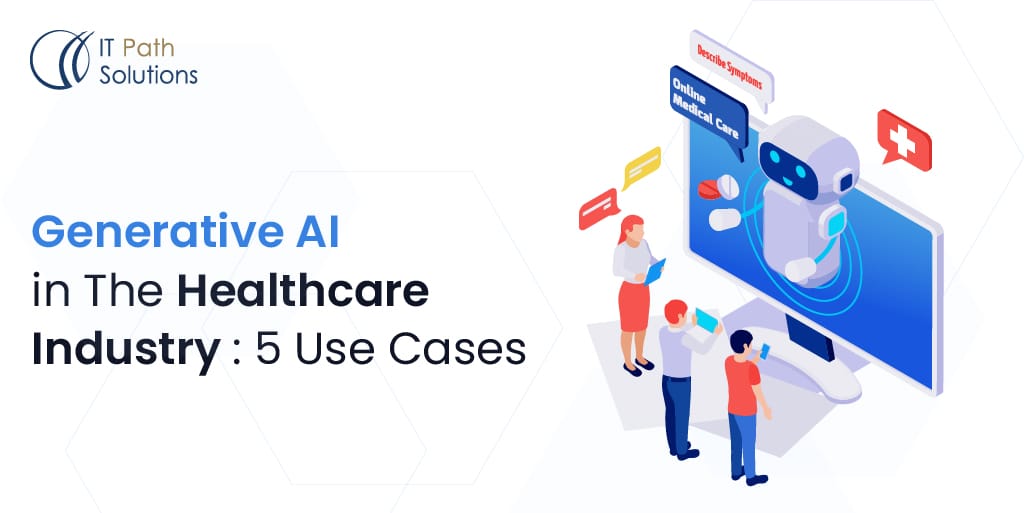
Generative AI involves teaching machines to learn from examples and create new content based on learning. It generates complex algorithms to learn new patterns and generate new content similar to the input data. Today we discuss the most valuable industry such as Healthcare. How generative AI is involved with the healthcare industry. In this digital era, Generative AI is rapidly transforming the healthcare industry. AI has an enormous ability to analyse vast amounts of data and identify patterns providing doctors and healthcare providers with valuable insights into patient care. Generative AI has many applications in healthcare including drug discovery, disease diagnosis, and patient care.
Generative AI in the healthcare industry is becoming more and more clear as technology develops. Artificial Intelligence(AI) tools unlock the full potential of the healthcare industry by enhancing patient care, lowering costs, and boosting operation efficiency.
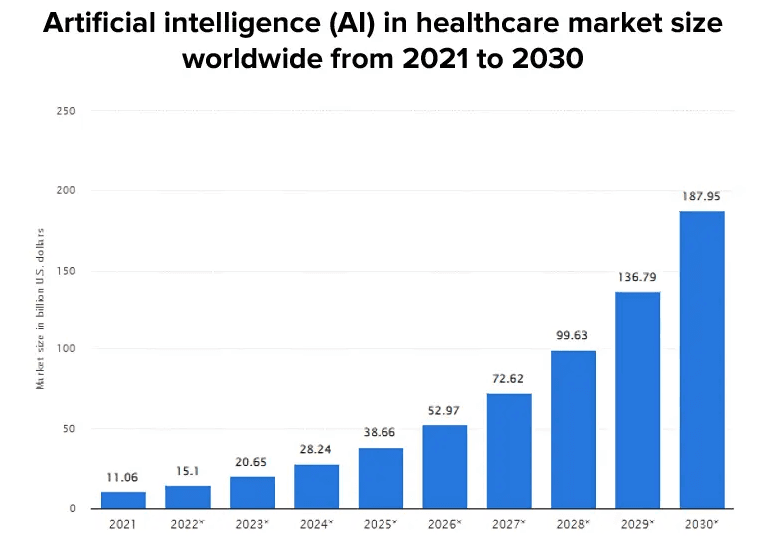
(www.statista.com)
5 use cases of generative AI in the healthcare industry
In this blog we will comprehensively discuss the five generative AI use cases for the healthcare industry.
Personalized Treatment Plans
Generative AI can help personalise treatment plans by analysing large amounts of patient care data and generate diverse recommendations for treatment based on that data. Generative AI uses complex algorithms that can predict the risk of complications after surgery and generate personalised treatment plans based on that risk.
Drug Discovery and Development
Generative AI can be used in drug discovery and development. AI algorithms can learn from a large dataset of chemical structure and properties and generate new chemical elements similar to the existing drug . This new chemical element can then be tested in the lab to determine their potential as a drug.
Traditional Drug discovery and development is very time consuming and costly involving identifying potential drug candidates and testing their efficiency and safety. Generative AI uses deep learning algorithms to identify potential drug candidates based on a large dataset of compounds and their properties. Generative AI can be used to create Virtual components in drug discovery. Virtual components are generated by an AI algorithm which means in a computer simulation rather than a laboratory.
Medical Image Analysis and Diagnostics
Generative AI can be used to enhance medical imaging techniques by generating high quality images, reconstructing missing, corrupt data and assisting image segmentation and analysis. This can help medical services providers and doctors to make more accurate diagnosis and treatment decisions. Generative AI can be used to create 3D images from CT and MR scan that can improve doctors ability to prepare for complex procedures.
Generative AI can be used to diagnose diseases by analysing medical images and CT Scan. The algorithm can learn from a large dataset of medical images and recognize patterns associated with specific diseases.
Patient Monitoring and Predictive Analytics
Predictive AI can be used to predict heart diseases, lifestyle diseases such as diabetes and blood pressure or even cancer. Machine learning models that have been off large amounts of data can use that data to make health related predictions for their patients and improve outcomes.
Also it can help with logistics and resource management for medical facilities like hospitals. Beds occupancy, surgery timings and scheduling and other tasks can be done through predictive analytics to achieve maximum efficiency and
Virtual Patient Simulations
Dive into the world of Generative AI-driven virtual patient simulations, which allow medical professionals to practice complex procedures and enhance their skills in a risk-free environment.
With patient simulators, you can provide life-like training for doctors using simulations. As the generative AI can tap into a vast amount of data, the doctor can get a comprehensive training and has to deal with multiple scenarios and prepare himself for real world situations using the vast amount of training that is on offer in the generative AI model that is enabled through machine learning. The doctor in training can train on by and large infinite scenarios.
Conclusion
By harnessing the power of generative AI, healthcare professionals can make more informed decisions, improve patient outcomes, and optimize resource allocation. Moreover, the ability of generative AI to analyze vast amounts of data and generate valuable insights will undoubtedly contribute to more efficient and effective healthcare systems.
While there are challenges to address, such as ensuring data privacy and ethical considerations, the transformative impact of generative AI in healthcare is undeniable. As research and development in this field continue to progress, we can expect even more ground breaking use cases that will reshape the future of healthcare, ultimately benefiting patients and healthcare providers alike. As we move forward, a collaborative approach between AI researchers, healthcare practitioners, and regulatory bodies will be essential to fully harness the potential of generative AI and create a healthier and more promising future for all.
 Healthcare
Healthcare  Education
Education  Real Estate
Real Estate  Logistic
Logistic  Themes
Themes
 Plugins
Plugins
 Patterns
Patterns

